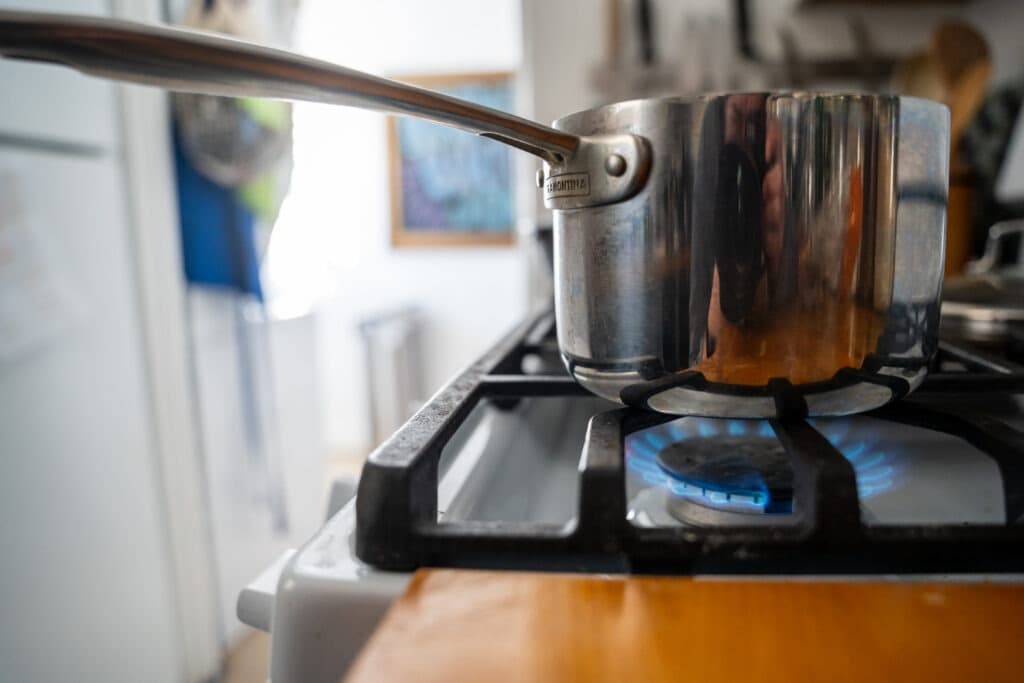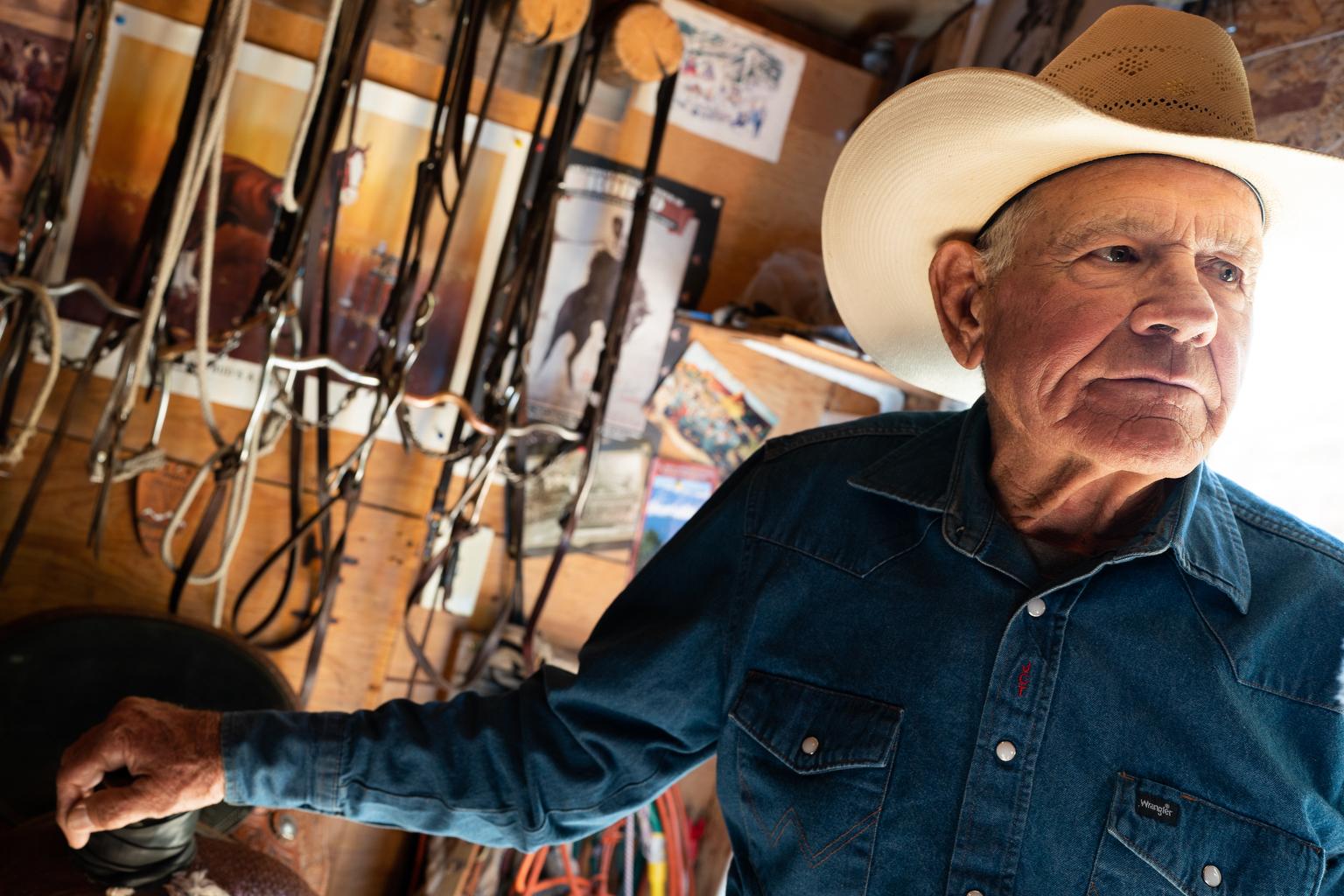
At 75 years old, J.C. Trujillo can still feel the moment he became a rodeo cowboy.
He was 6.
He remembers his first calf-riding competition for kids “as clear as day,” he said. “I was scared as you could be, to have to get on one of those calves.”
But he did and was able to stay on by clutching onto the calf’s side. Trujillo won himself the second-place prize: $10.80.
“And by golly, I thought I'd never see a poor day,” he said.
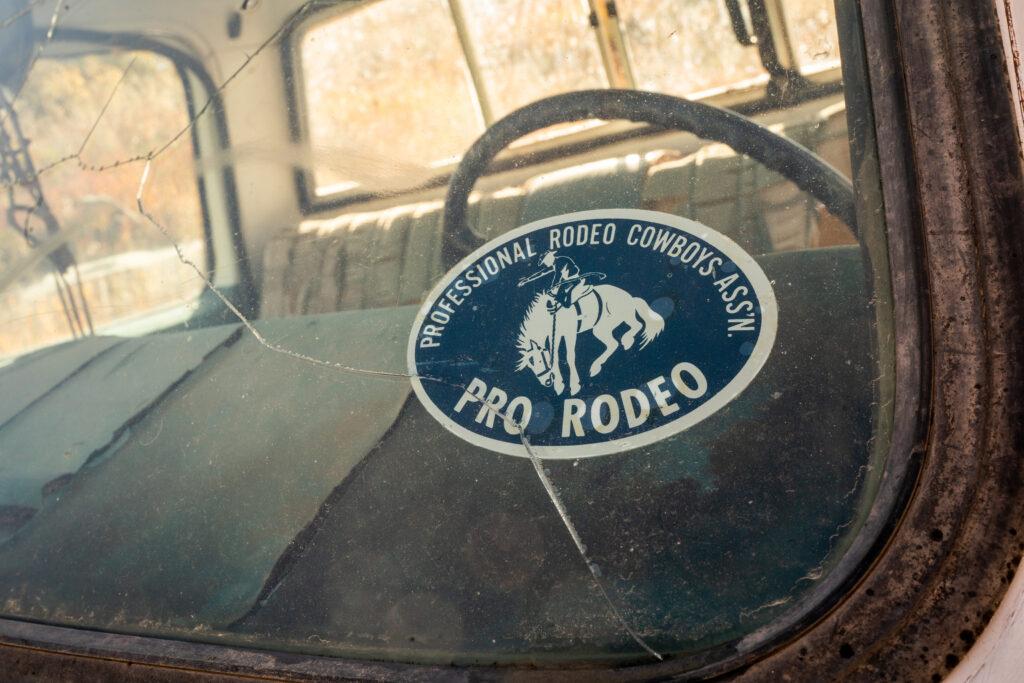
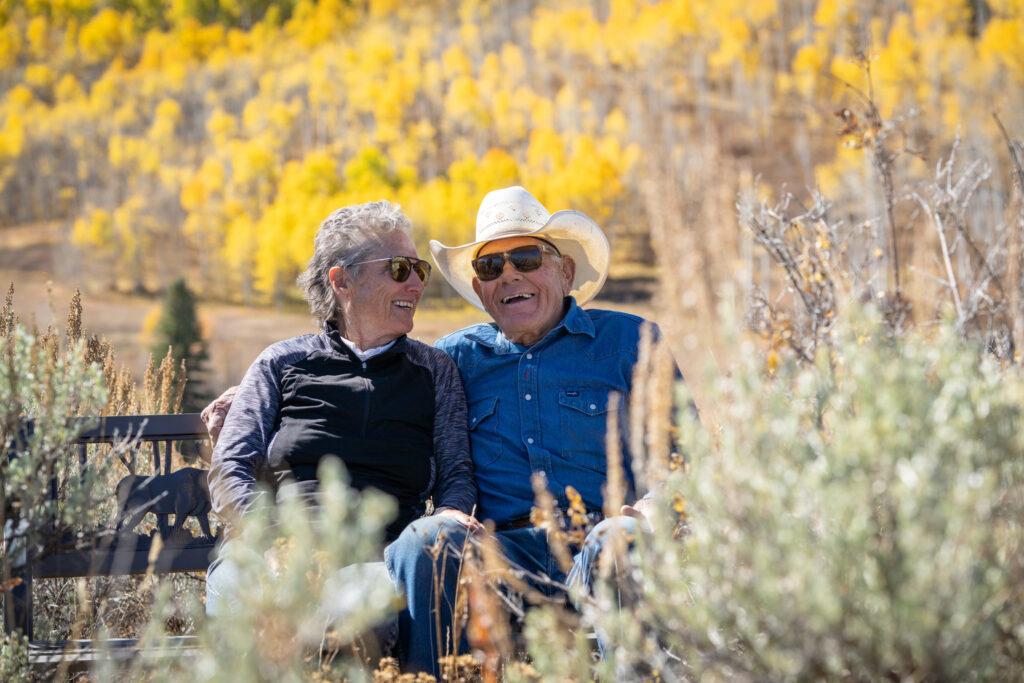
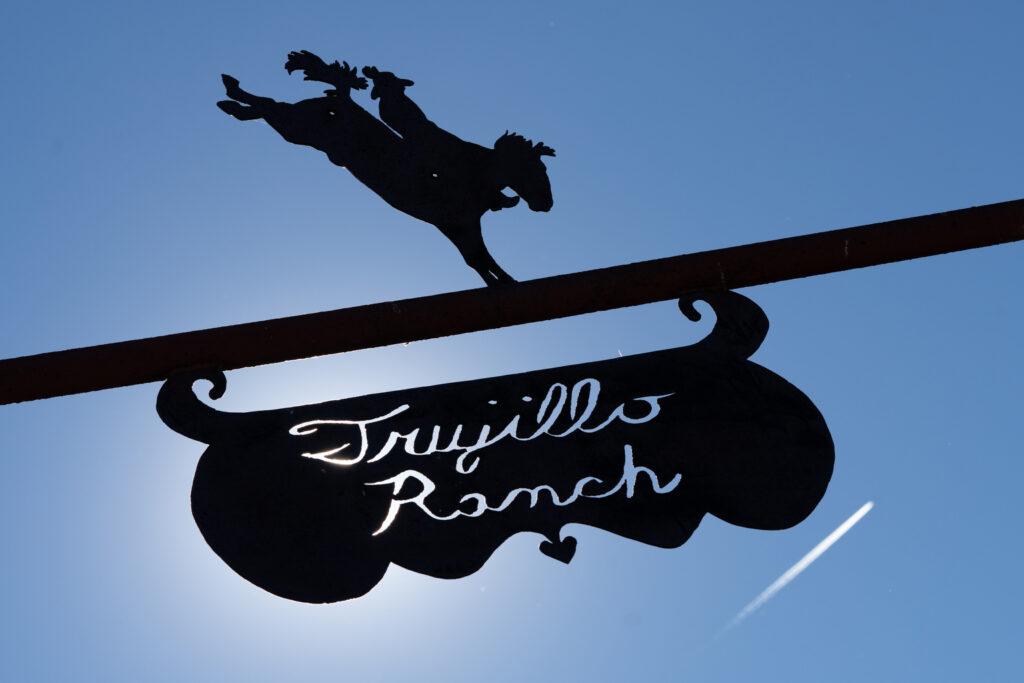
Almost 70 years later, the former national bareback champion likes to say that just about everything he’s achieved in his life “is basically because of the sport of rodeo.”
That includes his ranch, his collection of shiny belt buckles won in competition — including one presented to him by President Ronald Reagan — and on Nov. 11, the highest honor a cowboy like him can imagine: being recognized by the National Cowboy & Western Heritage Museum in Oklahoma City, colloquially known as the Cowboy Hall of Fame.
“It's such a great honor that I'll never get over that for sure,” Trujillo said, in his straw cowboy hat and denim Western shirt with his tiny initials, JCT, embroidered on the front.
He was sitting between an old bunkhouse and a former schoolhouse that he and his wife, Margo, turned into their home on a 50-acre spread more than an hour away from Steamboat Springs. A dirt road leads to the ranch, which is surrounded by mountains thick with trees draped with golden leaves that look like fire in the autumn sunlight.
“You never get your eyes full of this kind of country,” Trujillo said.“You never get tired of looking at it.”
God’s country, as Trujillo calls it, which is also how he describes the land near Prescott, Ariz., where he grew up. His father was a ranch cowboy, and his mother was nervous about him rodeo-ing “until her dying day.” Still, she always supported him. The couple bought Trujillo and his brother horses and paid their entry fees at junior rodeos, yet were always clear that to make something of himself, Trujillo had to go to college.
“And by golly, I did,” he said. Trujillo graduated from Arizona State University. “And that made them happy.”
At the same time, Trujillo’s rodeo career was steadily building. Instead of going to teaching school, as originally planned, “I went to riding bareback horses and never looked back,” he said.
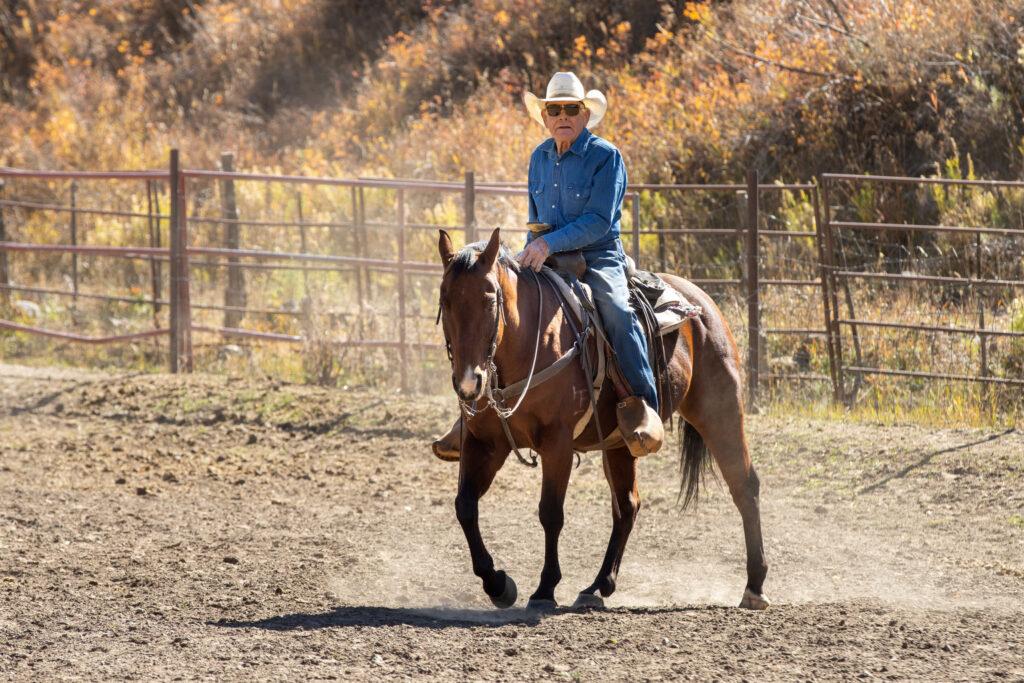
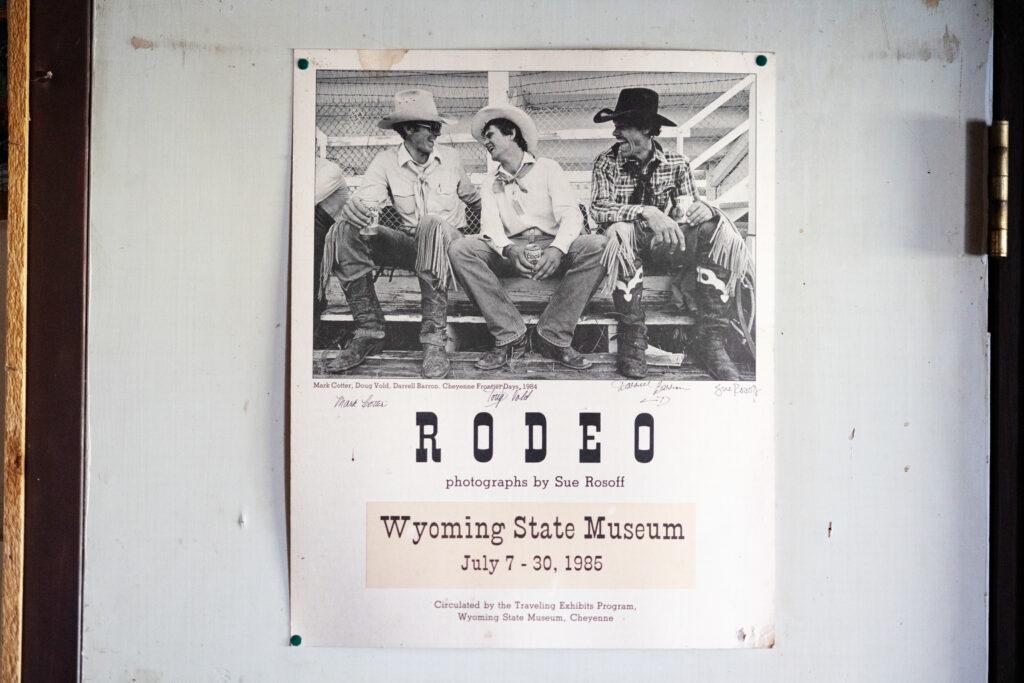
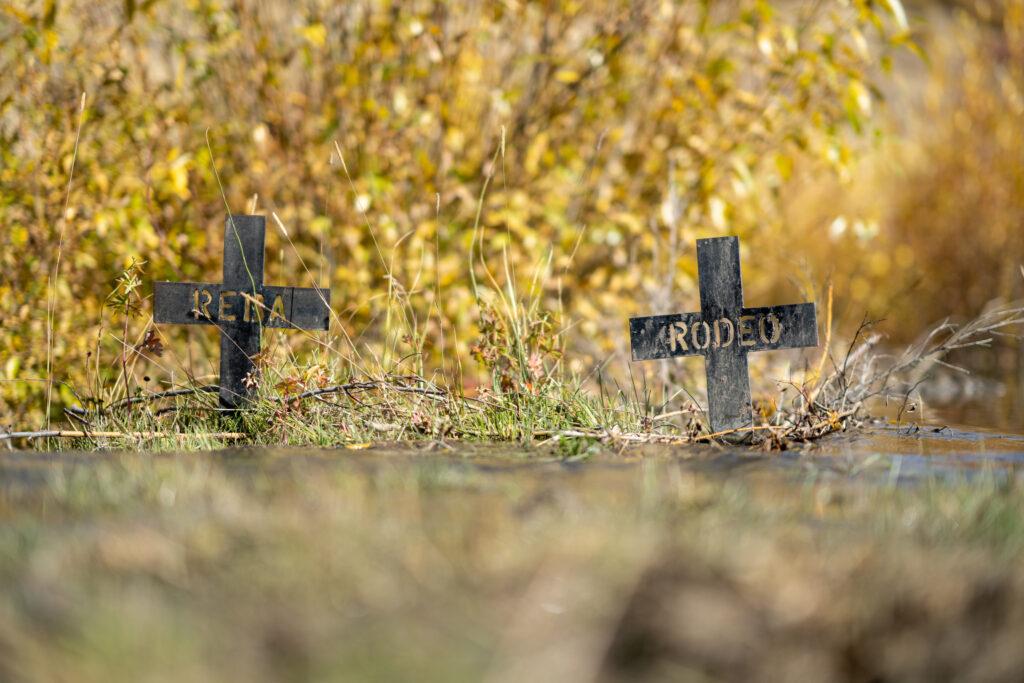
When he hit the pro circuit in the early 1970s, Trujillo ended up ranked 17th in the world.
He quickly made it to the national finals — and would for more than a decade.
Trujillo became a star, the kind of cowboy known for a crowd-pleasing performance who always made time to talk to his fans and the press. Trujillo said rodeo taught him to have the “right attitude,” and he earned a reputation for always having a big smile, especially around children.
Kids look up to cowboys, he explained, just like they would a standout football player. “You need to not disappoint 'em.” Trujillo and a friend taught rodeo basics to children all across the country for years.
But Trujillo was still on the chase: “It was a lifetime goal of mine — and dream — to become a world's champion,” he said.
In 1980, the same year his first daughter was born, Trujillo got close until a horse bucked him off in competition. That lit a fire in him. The next year, rodeoed hard yet again — and clinched it.
Trujillo became the 1981 World Champion Bareback rider.
It was humbling to finally achieve something he’d put on a “high, high pedestal,” he said. He also knew his time in rodeo wouldn’t last forever. At the height of his career, Trujillo was riding in more than 100 rodeos a year, “traveling from border to border and coast to coast.”
Trujillo’s wife and daughters needed him to be home more. In 1983, he did get a break — courtesy of a horse named Tombstone.
“He drug me around. I broke some ribs, punctured a lung, dislocated my right knee,” Trujillo said in his no-nonsense way. “But other than that, I was OK.”
A few years later, Trujillo realized he was the oldest guy at the national finals. He competed one last time and decided “to hang ‘er up.”
When Trujillo got the call about his upcoming induction into the hall of fame alongside so many of his heroes, it didn’t feel real.
“It's such a great honor that I'll never get over that for sure,” he said.
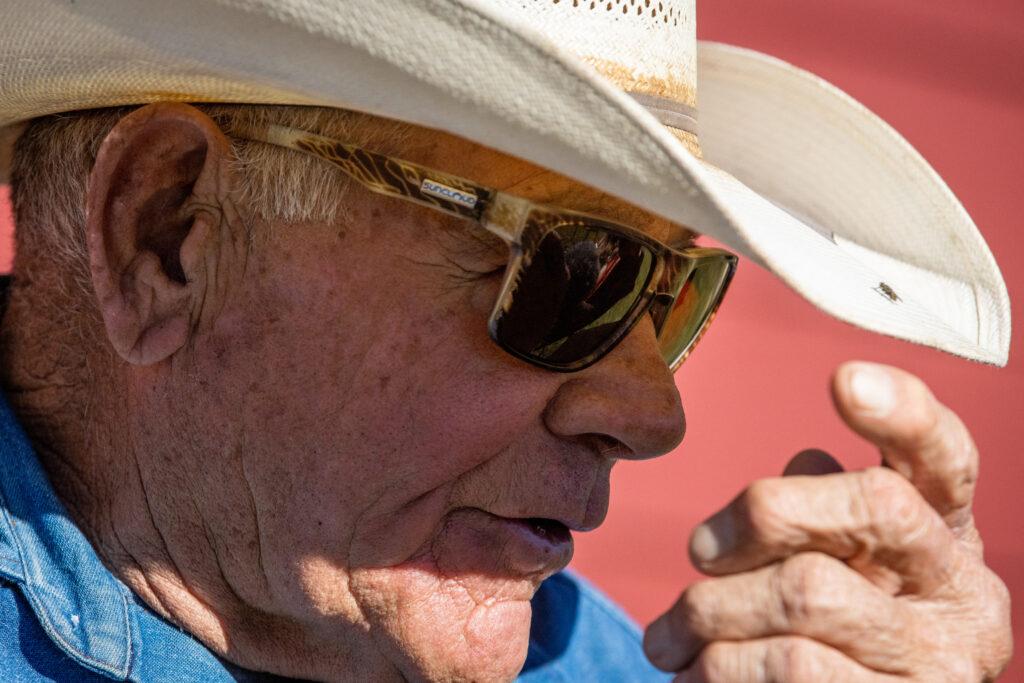
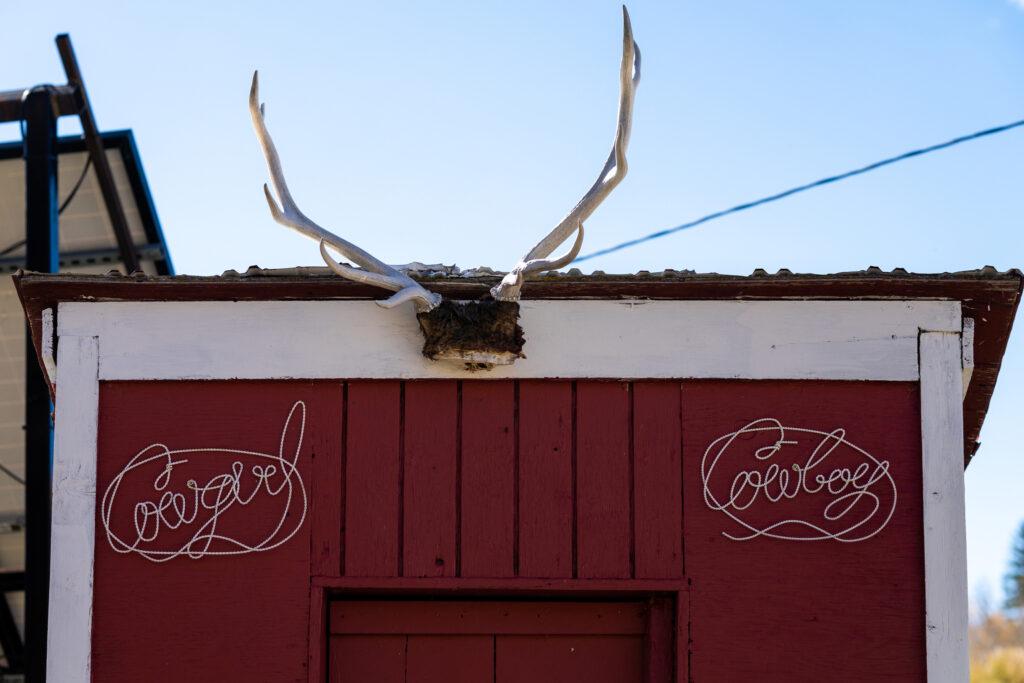
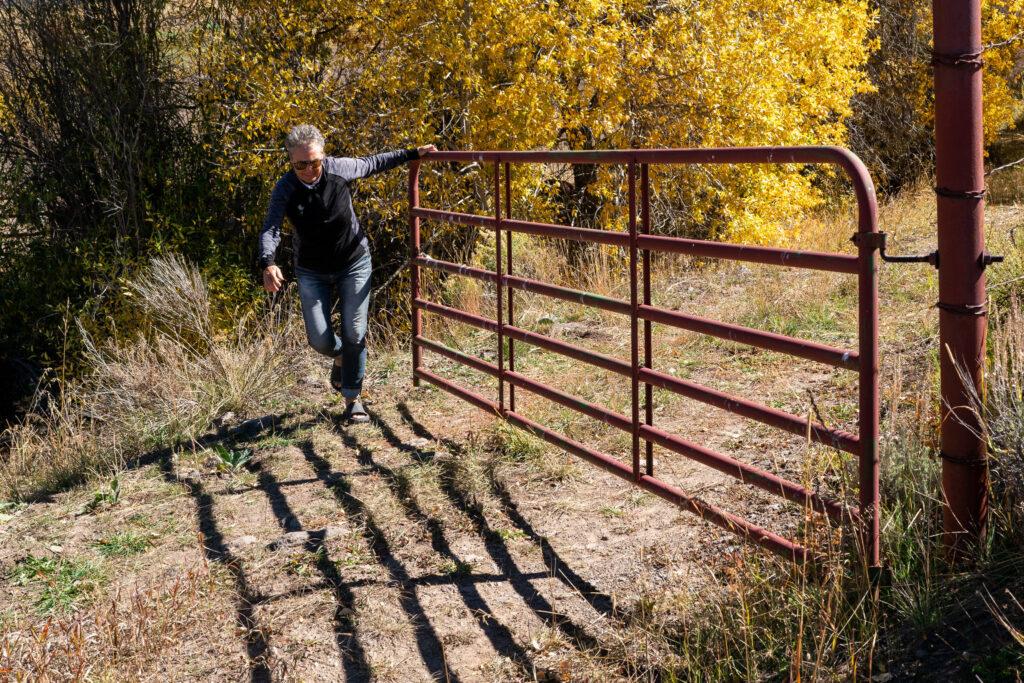
There is a trope of the solitary cowboy, but Trujillo didn’t get here alone. As he talked about how much his parents did for him, his voice broke a little and got quiet. He said he knows they’re looking down right now.
When his name is added to the list of great cowboys and western heroes, “I know they're going to have a giant smile on their face,” he said.
It’s the same way he looks at his grandkids as they compete in rodeo. Two have already turned pro.
Funding for public media is at stake. Stand up and support what you value today.

